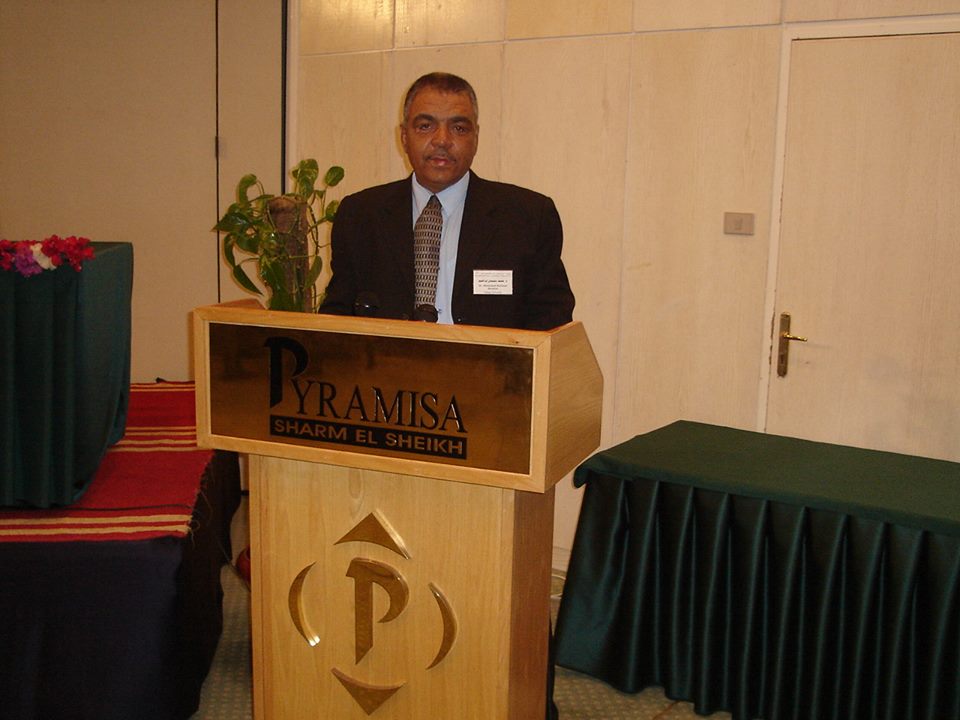A field experiment was conducted at Al-Kawthar experimental farm, Faculty of Agriculture,
Sohag University, Egypt. to evaluate the possibilty of replacement mineral fertilizer with the local organic
wastes such as farmyard manure (FYM) under two irrigation regimes. Wheat, Giza 168 cultivar (Triticum
1 2 aestivum L) was chosen for this study.The treatments comprised: two irrigation regimes (I and I ) as 12
and 24 day intervals, respectively, and five combined treatments of mineral N fertilizer (MNF) and organic
fertilizer (OF). The obtained results indicated that there was an increase in the growth paramters,
biological and grain yields, NPK and some micronutrients concentrations as a result of using different
combinitions of mineral and organic fertilizers. Moreover, using 50 Kg N + 8 t OF fed-1 gave the best
3 results for the studied parameters. The application of mineral N increased the concentration of NO in sub-
3 3 surface layers and decreased NO in surface ones. The fraction of NO in the 15 cm surface layer
increased in the plots treated with 50 kg mineral nitrogen and 8 t fed-1 of in the 12 days irrigation
interval, while this increament was found in plots treated with 75 kg N and 4 t fed-1 in the case of 24
days irrigation interval. The partial replacement of N fertilizers by additional of equvilant level of organic
fertilizers to wheat production could be a useful way to save the amount of irrigation water used in wheat
production by prologing the irrigation interval and enhancement of plant growth and increasing nutrients
uptake by plants and to avoild nitrate leaching especially under sandy soils and consequently reducing
pollution problems.

